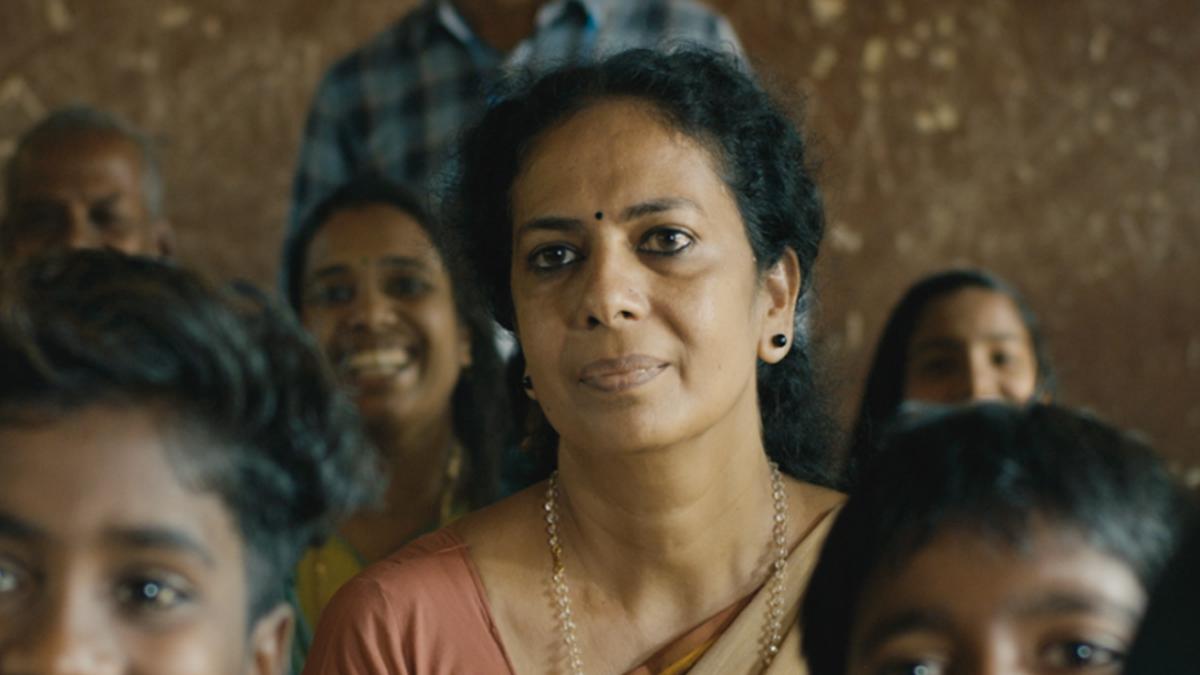
Fazil Razak makes a promising debut
The Hindu
Fazil Razak's debut film "Thadavu" follows Geetha's journey of resilience in the face of life's hardships.
Human beings are bound to have a breaking point, the limit till which they can take all the pain and sufferings that life throws at them. Geetha, the protagonist of Fazil Razak’s Thadavu (The Sentence) being screened in the international competition category at the 28th International Film Festival of Kerala (IFFK), does not seem to have one.
In the short period from the life of the 51-year old that we get to see in the film, she lands in one crisis after another, the latest one being more grave than the previous that it seems impossible that she would overcome it. But, for the woman scarred by two unsuccessful marriages and a series of unfortunate events, including being blamed for a child’s death for no fault of her own, the question of giving in does not arise.
Razak, who has previously made short films which won appreciation at various festivals, does not cast Geetha (Beena R. Chandran) completely in a positive light. In a sequence early on, she is shown unkindly shoving away an elderly woman inside a bus, while at various points later in the narrative, she is seen throwing out her daughter and some of her closest friends from her house, possibly to save them from the suffering.
Yet, we also see her singing merrily with the kids at the anganwadi, where she teaches. Here is a woman shaped by her experiences, and she does not always react in the polished way such characters behave in mainstream cinema.
Painting such shades of a character, who is supposed to draw the sympathy of the audience, is quite a risk to take. The screenwriter seems to be well aware of this fact, for in one sequence, one of her friends says that it would be hard to get any financial contributions from the locality if a fund collection drive is started for her medical treatment, considering her reputation.
Yet, this complex character ends up drawing our sympathy, especially in the painfully discreet ways in which she attempts to meet her young daughter, even after her husband’s violent attacks.
The characters around her are also written thoughtfully, especially that of her close friends Hamza (P.P. Subramanian) and Uma (Anitha M.N.). It is perhaps rare for friends to go to such extents to help out a person in distress, but here, much of it looks believable and all too real. One cannot imagine these characters behaving in any other way.

 Run 3 Space | Play Space Running Game
Run 3 Space | Play Space Running Game Traffic Jam 3D | Online Racing Game
Traffic Jam 3D | Online Racing Game Duck Hunt | Play Old Classic Game
Duck Hunt | Play Old Classic Game











